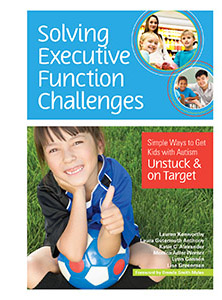If I were to describe my job in one sentence, it would be this: My primary goal is to increase the independence of my students in ways that are meaningful to them and to their families. With that goal in mind, it makes sense that I would seek out input from my students and their families, but also seek out writings by people with autism, Asperger’s, and other developmental delays in order to gain a comprehensive picture of needs, desires, and issues of which I may be unaware.
Sometimes a book or article written by an individual with autism hits the news in a big way. I encourage you to read more than one book, because you’ll quickly find that each individual’s experiences and personalities are quite different. It is not helpful to read the perspective of one person with a developmental disability and apply it to all people with developmental disabilities, but this frequently happens with autism. Here are a few resources you may want to check out:

The Reason I Jump by Naoki Higashida – This book was all over the news last year. Set up as a series of questions and responses, Higashida answers all sorts of questions related to autism. His writing is very direct and he shares a lot about the emotions he feels but is unable to convey.

Any books by Temple Grandin – Temple Grandin is a force in the autism community and has provided a wealth of resources. You can read some of her early work, such as Thinking in Pictures to get a view inside the mind of an individual with autism, but I also have great appreciation for her later work as an advocate for people with autism, such as Different…Not Less.

Episodes by Blaze Ginsberg – This is one of my all-time favorite books. Ginsberg sets up his life experiences and relationships as if they were different seasons of television shows. He presents his teen years as if you were flipping through the channels, seeing different episodes of his life. He even has songs for each episode!
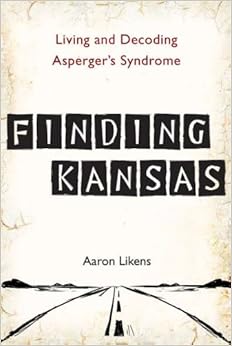
Finding Kansas by Aaron Likens – This one is unique because it is written by a man who was diagnosed with Asperger’s in his 20s. Likens is eloquent in his use of metaphor to help clearly define aspects of his behavior.
www.wrongplanet.com – Wrong Planet is a community forum for individuals with autism and their families. You will see a wide range of questions and opinions here. It also serves as a forum for individuals with autism to express their feelings about topics such as whether or not they prefer people-first language, how people with autism should be depicted on TV, legislation related to autism, and more.
WRITTEN BY SAM BLANCO, MSED, BCBA
Sam is an ABA provider for students ages 3-12 in NYC. Working in education for ten years with students with Autism Spectrum Disorders and other developmental delays, Sam has developed strategies for achieving a multitude of academic, behavior, and social goals. Sam is currently pursuing her PhD in Applied Behavior Analysis at Endicott College.



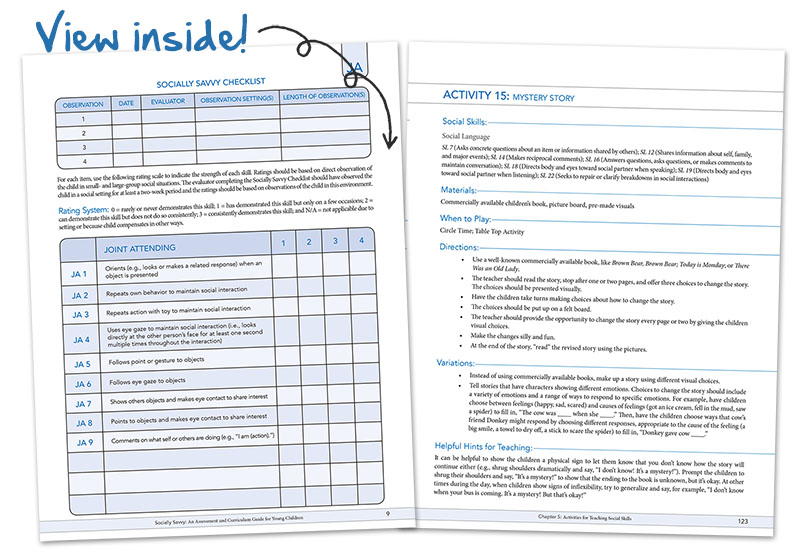






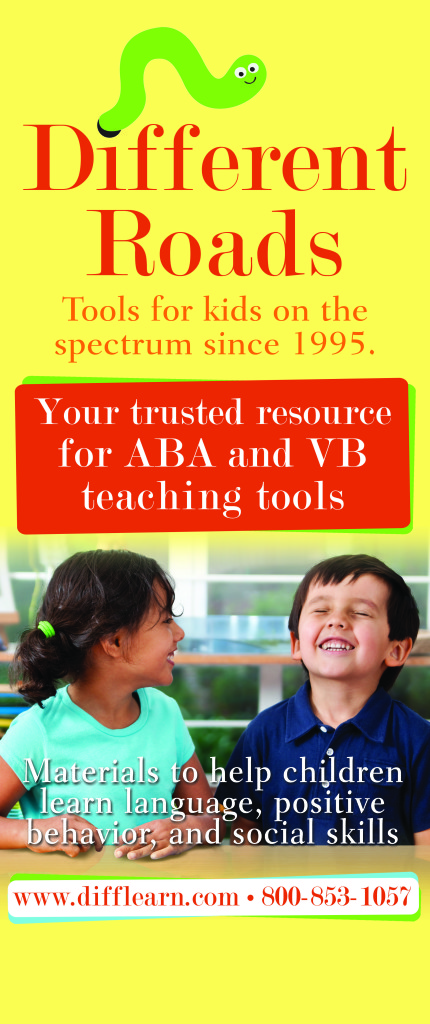 Do you know of any upcoming conference or workshops on Autism?! Please let us know of any ABA, Verbal Behavior or Speech-Language Therapy events and we will share it with our community. We strive to help our readers be informed about resources and events for parents and educators of children with autism or other developmental delays. No matter how big or how small – email info about your event to
Do you know of any upcoming conference or workshops on Autism?! Please let us know of any ABA, Verbal Behavior or Speech-Language Therapy events and we will share it with our community. We strive to help our readers be informed about resources and events for parents and educators of children with autism or other developmental delays. No matter how big or how small – email info about your event to  Bridge Kids Social Circle
Bridge Kids Social Circle Bridge Kids Happy Eaters Group
Bridge Kids Happy Eaters Group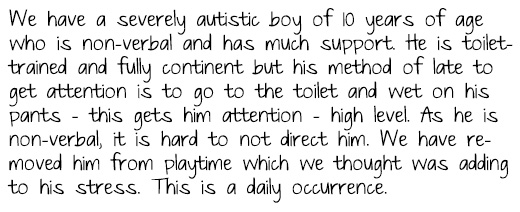
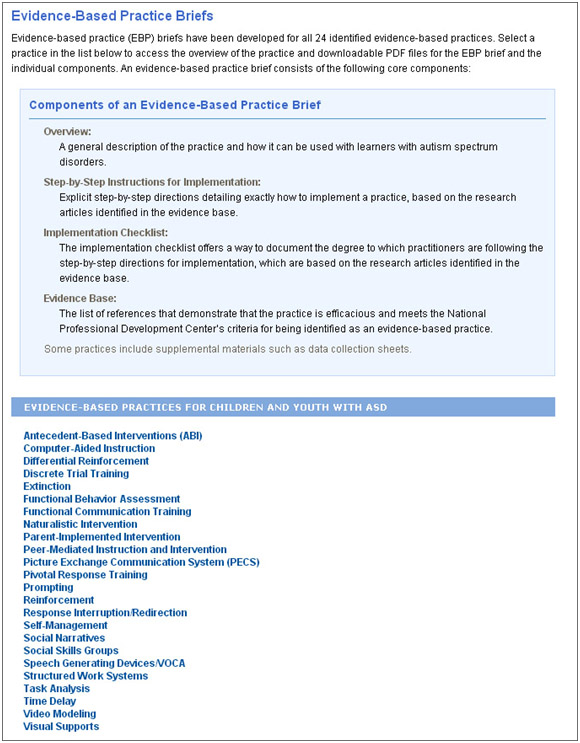
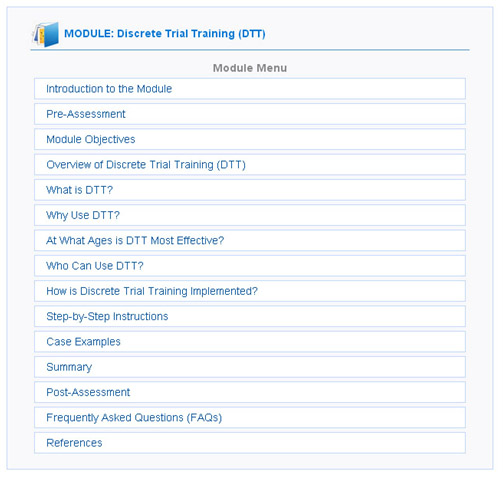
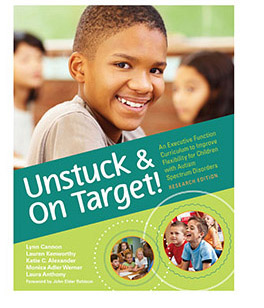 These practical resources for parents, teachers, and therapists help high-functioning students with autism improve on these critical skills.
These practical resources for parents, teachers, and therapists help high-functioning students with autism improve on these critical skills.